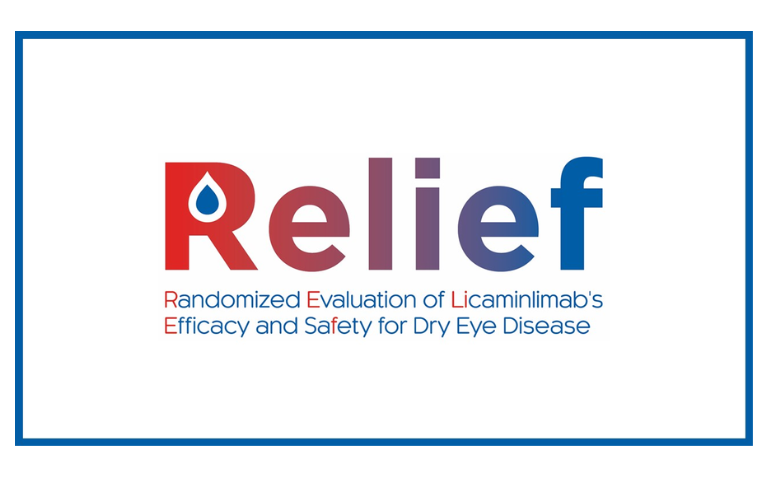
Oculis just announced positive topline results of phase 2b RELIEF Trial
Share this article
Oculis, announced positive topline results from its Phase 2b RELIEF trial with licaminlimab, a novel anti-TNFα biologic eye drop with an established dual anti-inflammatory and anti-apoptotic mechanism of action in patients with dry eye disease (DED).
The Phase 2b RELIEF trial is a multi-centre, randomised, double-masked, vehicle-controlled trial evaluating the efficacy and safety of licaminlimab in subjects with signs of DED (NCT05896670).
The trial also evaluated the efficacy and safety of licaminlimab in a subpopulation of subjects with a TNFR1-related genotype as prespecified in the protocol. 122 patients were randomised 1:1 to either licaminlimab or vehicle across four sites for a six-week treatment period and a two-week follow-up.
A total of 23 patients carried a specific TNFR1-related genotype. Patients were evaluated for efficacy endpoints at baseline, Day 15 and Day 43. The prespecified investigational efficacy measures in this trial included multiple signs of DED that are accepted by the FDA as efficacy endpoints.
Key highlights from the trial:
- Notable improvements in multiple efficacy endpoints, with more pronounced effects in the TNFR1 genetic biomarker population.
- Patients with the TNFR1 biomarker demonstrated a 7-fold higher response on symptoms and 5-fold higher response on signs, showcasing the potential of personalised treatment approaches in about 20% of DED patients.
“The precision medicine approach with licaminlimab could be a groundbreaking paradigm shift in ophthalmology and the treatment of DED. The current approach of ‘trial and error’ and our inability to predict response for this highly heterogenous population leads to a low level of patient satisfaction. To my knowledge, Licaminlimab is the first dry eye disease medication to demonstrate in a clinical trial a predictive treatment effect in patients with a common genetic biomarker to potentially solve this problem.”, said Eric Donnenfeld, M.D., Clinical Professor of Ophthalmology at New York University and Chair of Oculis’ Cornea Scientific Advisory Board.
Source: press release